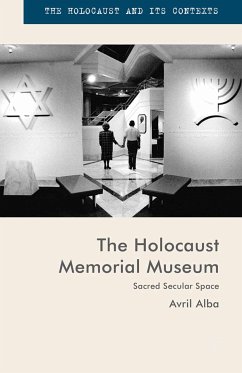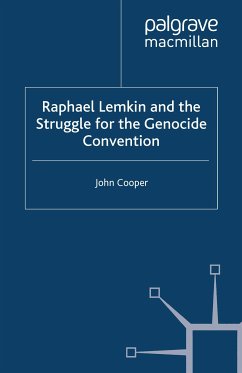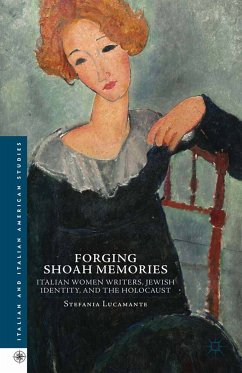
Jewish Resistance During the Holocaust (eBook, PDF)
Moral Uses of Violence and Will
Versandkostenfrei!
Sofort per Download lieferbar
26,95 €
inkl. MwSt.
Weitere Ausgaben:

PAYBACK Punkte
13 °P sammeln!
It is a common belief that Jews did nothing to resist their own fate in the Holocaust. However, the realities of disintegrating physical and psychological conditions, and the efforts of ghetto undergrounds to counter collaborationist judenrat policies and the despair, could not but lead to a breakdown in spiritual life.
Dieser Download kann aus rechtlichen Gründen nur mit Rechnungsadresse in A, B, BG, CY, CZ, D, DK, EW, E, FIN, F, GR, HR, H, IRL, I, LT, L, LR, M, NL, PL, P, R, S, SLO, SK ausgeliefert werden.












